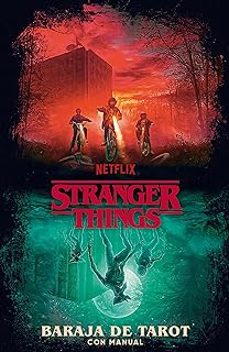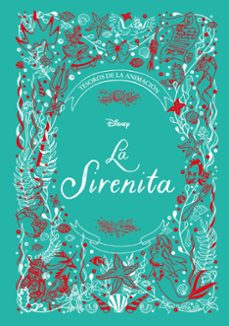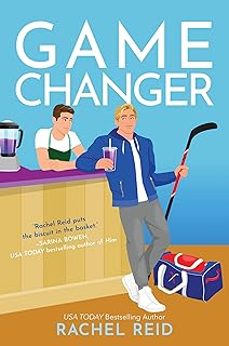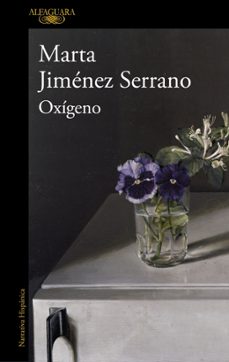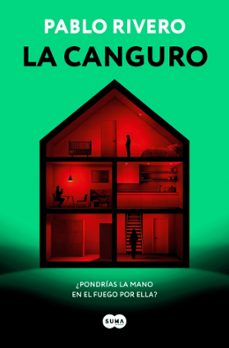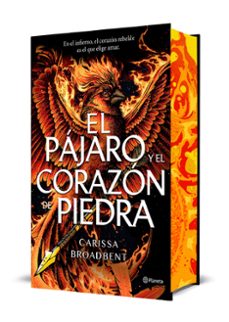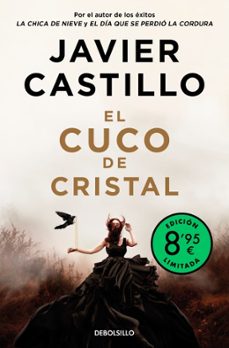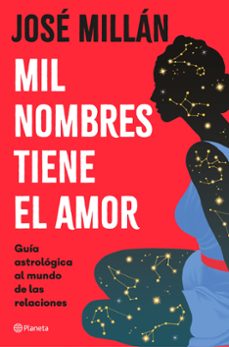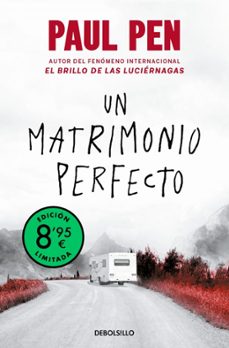📗 Libro en inglés THE FIFTH CHILD
HARPERCOLLINS PUB.- 9780586089033
Sinopsis de THE FIFTH CHILD
A classic tale from Doris Lessing, winner of the Nobel Prize for Literature, of a family torn apart by the arrival of Ben, their feral fifth child.
‘Listening to the laughter, the sounds of children playing, Harriet and David would reach for each other’s hand, and smile, and breathe happiness.’
Four children, a beautiful old house, the love of relatives and friends – Harriet and David Lovatt’s life is a glorious hymn to domestic bliss and old-fashioned family values. But when their fifth child is born, a sickly and implacable shadow is cast over this tender idyll. Large and ugly, violent and uncontrollable, the infant Ben, ‘full of cold dislike’, tears at Harriet’s breast. Struggling to care for her new-born child, faced with a darkness and a strange defiance she has never known before, Harriet is deeply afraid of what, exactly, she has brought into the world …
Ficha técnica
Editorial: Harpercollins Pub.
ISBN: 9780586089033
Idioma: Inglés
Número de páginas: 159
Tiempo de lectura:
3h 13m
Encuadernación: Tapa blanda bolsillo
Fecha de lanzamiento: 02/04/2001
Año de edición: 1989
Plaza de edición: London
Alto: 20.0 cm
Ancho: 13.0 cm
Especificaciones del producto
Escrito por Doris Lessing
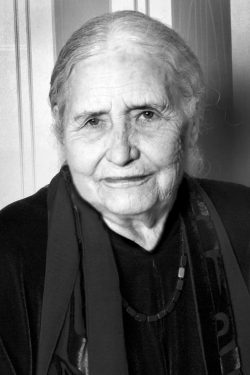
Hija de padres ingleses, Doris Lessing nació en Persia (ahora Irán) en 1919, y a la edad de cinco años se trasladó con su familia a Zimbabwe. Desde 1949 y hasta su muerte, residió en Londres. Fue una de las escritoras más influyentes del siglo XX y obtuvo prestigiosos galardones como el Premio Príncipe de Asturias en 2001 y el Premio Nobel de Literatura en 2007.
Autora prolífica, a menudo polémica y genial narradora, de entre sus libros destacan El cuaderno dorado (1962), Memorias de una superviviente (1974), La buena terrorista (1985), El quinto hijo (1988), De nuevo, el amor (1996), La grieta (2007), Alfred y Emily (2008) y sus recopilaciones de relatos, como Cuentos europeos. Acompañan su obra narrativa varios libros de ensayo y varios volúmenes de talante autobiográfico, entre los que se encuentra Made in England, Gatos ilustres o Las cárceles que elegimos.
Descubre más sobre Doris Lessing Autora prolífica, a menudo polémica y genial narradora, de entre sus libros destacan El cuaderno dorado (1962), Memorias de una superviviente (1974), La buena terrorista (1985), El quinto hijo (1988), De nuevo, el amor (1996), La grieta (2007), Alfred y Emily (2008) y sus recopilaciones de relatos, como Cuentos europeos. Acompañan su obra narrativa varios libros de ensayo y varios volúmenes de talante autobiográfico, entre los que se encuentra Made in England, Gatos ilustres o Las cárceles que elegimos.
Recibe novedades de Doris Lessing directamente en tu email
Opiniones sobre THE FIFTH CHILD
¡Sólo por opinar entras en el sorteo mensual de tres tarjetas regalo valoradas en 20€*!







